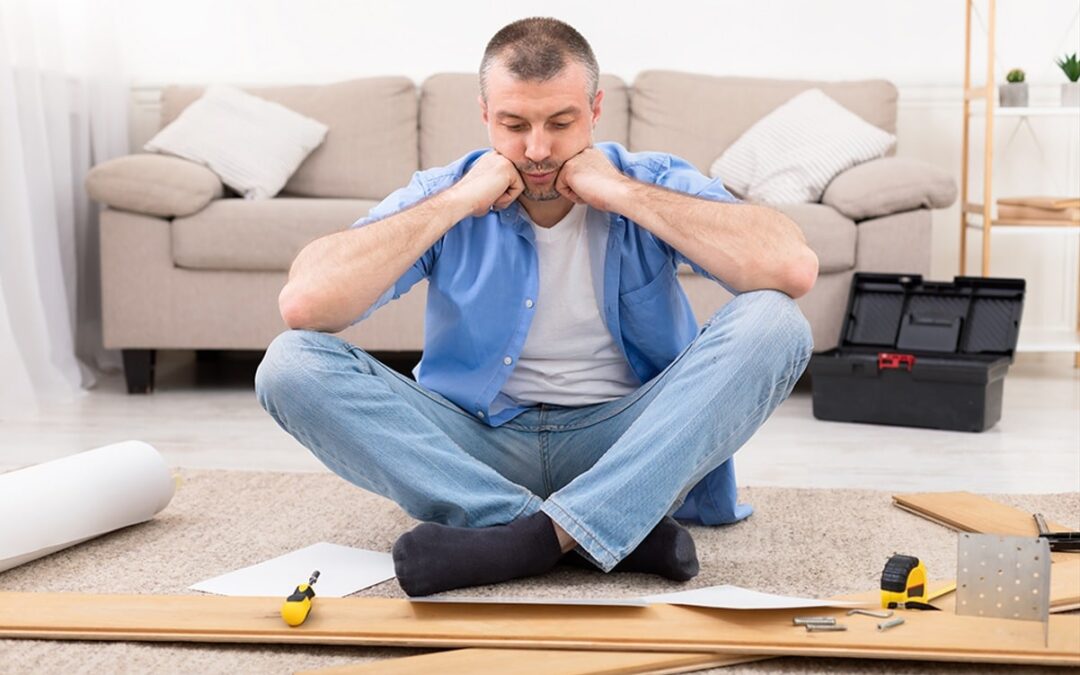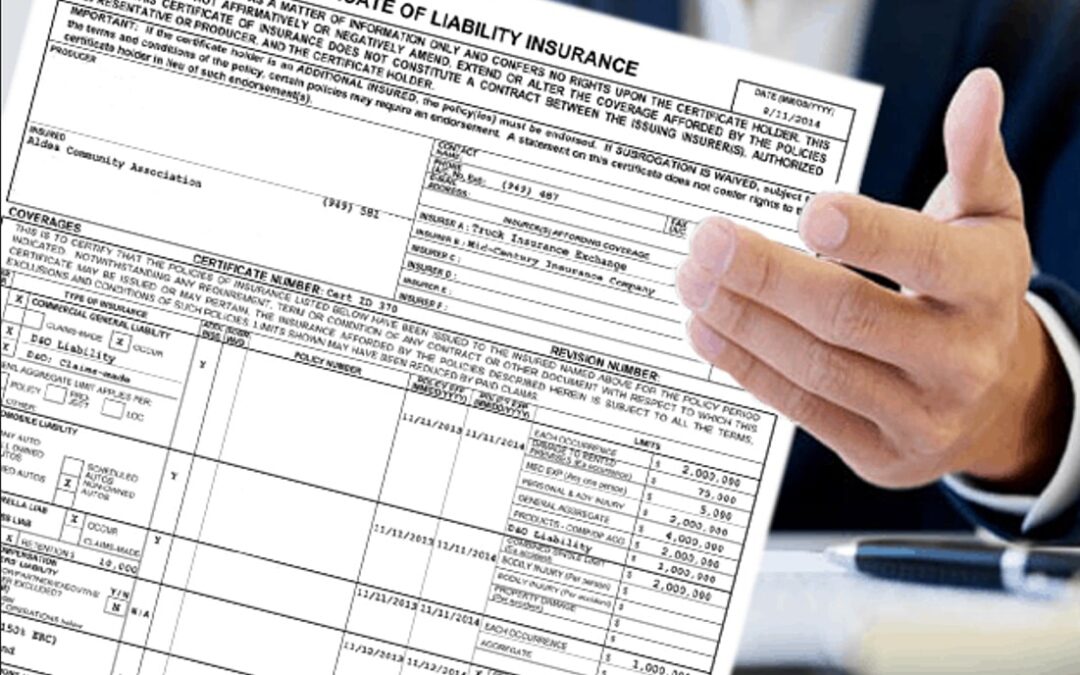Downsizing used to be reserved for people ready to retire. After all, as you age you don’t want to take care of a large three bedroom apartment by yourself. However, more people are looking to downsize into smaller homes to save money and reduce their environmental footprint. You might have heard about the growing trend of tiny homes, houses that are under 600 square feet, but even just downsizing your house a bit can provide you with plenty of benefits.
Less Maintenance
A small home is easy to maintain and requires far less energy and time to keep clean and organized. Even if you do a deep clean of your small house, it won’t take you longer than an hour versus the three or more hours for a larger house. Even with smaller tasks like general vacuuming and dusting, you’ll be spending much less time every day simply because you have less square feet to cover.
With that said, it is much easier for a smaller home to look dirty and cluttered since you have less storage space. To combat this issue, you will need to be extra cautious about leaving things out on the table or floor. Create an organizational system that makes sense for you and your family and make sure everyone sticks to it. Some rules you might want to implement are:
- Returning things back to the appropriate shelf/drawer/etc. immediately after use
- Switching over your bills and bank/credit card statements to digital only
- Throwing out boxes as soon as possible
- Putting away laundry and clean dishes immediately
Save Money
The initial and most obvious way a small house can save you money is that you’ll have a lot more money leftover after selling your larger house and purchasing a smaller one. Of course, the cost of the house depends on where you move, but you could potentially have a huge windfall after the sale of your house. You could use that money to pay off your mortgage or put it towards a retirement fund.
Smaller homes are also cheaper in the long run. A smaller space means you don’t need to spend as much to heat or cool the place. As well, things like roof repair, window upgrades, floor installation, etc. are much cheaper than for larger homes since there’s less square footage. If you weren’t able to buy your house outright, your monthly mortgage payments and taxes are also lower for smaller properties.
All of this means you’ll be able to save a lot more money than if you stayed in your larger house. What you do with all that extra cash is up to you! You can put it towards a nice vacation, pay off whatever debt you have, invest in some index funds, or just enjoy a nicer quality of life.
More Family Time
You don’t have to wait until you’re retired to downsize. If you have kids in tow, a smaller home might seem like the last thing you want, but it can actually encourage more bonding time. Of course, you don’t want to squeeze everyone into a one bedroom apartment, personal space is important after all. However, cozier spaces like the kitchen and living room can encourage closeness with your family. Sure, your kids will likely spend more time in their room as they get older, but a smaller home can drive more social interaction among family members.
You don’t want to go too small, of course. People still have to fit into these rooms. When deciding your next house, think about your current lifestyle and figure out the bare minimum you need in terms of space. Do you really need a giant kitchen that can fit an extendable 10 foot table or can you get away with something a bit smaller. Similarly, do you need to have an extra 5 rooms for guests or can you make do with one or two?
Redecorate More Often
Sometimes you just need a change of pace. Maybe your tastes have changed or you just want to give your house a makeover. It can be a daunting task with a large house, but a smaller house is the perfect vessel for your creativity. Want to change the exterior of the house? It’ll probably take you a few days to paint your sidings. Remodeling your kitchen? You can easily update the countertops and floors on your own and finish it within a day or two. Of course, extensive remodeling will require contractors, but even that will take you less time and money.
Even the smallest changes can have a big impact in a small house. Simply adding seasonal accents to shared rooms can tie the house together. Items such as curtains, cut flowers, covers for throw pillows, etc. are all small enough that they won’t take up too much room or too much of your time to swap them out. You could do the same thing in a larger house, but if there’s a lot of empty space, these small changes won’t make as much of a difference.
Reduce Your Carbon Footprint
Even if you’re not the most environmentally conscious person, by downsizing to a smaller house you are automatically reducing your impact on the environment. How? For starters, a smaller house requires less building materials. On top of that, you’ll be using less energy in general from heating to cooling to electricity, which means you’re emitting fewer greenhouse gasses.
Having less space also means you will be less likely to impulse buy items since you won’t have a place to put it. Even if you didn’t set out to be a minimalist, the lack of space means you’ll have to think about each purchase carefully. And the less stuff you buy, the better it is for the planet. Not only are you reducing your carbon footprint, you’re also reducing your overall waste since you’ll likely hold on to items longer until you find a suitable replacement.
Downsize to Your New Home
Moving to a new home is a huge decision. Before you downsize, you should really take both your current life and life in 5+ years into consideration. If you’re planning on building your family, downsizing to a studio apartment probably isn’t the best idea. Of course, there’s plenty of houses in between a studio and a mansion, so chances are you can find your perfect, small home somewhere in the middle.
If you’re ready to downsize, make sure to hire movers to help you make that transition. A good moving crew can make moving day a breeze so you can get settled and start enjoying your new home.
FAQ
All of my belongings won’t fit in my smaller home, what should I do?
You’ll need to go through everything you own prior to the move and declutter. Chances are you have items you haven’t used (or even seen) for months if not years. Clear out as much as you can. If a lot of your things are still in good shape, sell them at a garage or yard sale to make some extra money for your home. Otherwise, give them away for free and finally throw out whatever is left.
What are some downsides to living in a small home?
The issues that come with a small house are only an issue if you don’t plan for it. You won’t have as much space, so if you entertain a lot and have a tiny living room, you won’t be able to fit as many people. There’s also less storage available so you won’t be able to keep hundreds of pounds of beans, rice, etc. in a large pantry. However, if you’re aware of these limitations and plan for them, you shouldn’t have any problems.
My small house is smaller than I thought, how can I maximize my space?
Your best bet is to get creative when it comes to storage. Purchase double-use furniture where you can use it as seating and storage. Find some boxes on wheels and store seasonal clothes and other items under your bed. Put up more shelves and cupboards on your walls for additional storage options.






